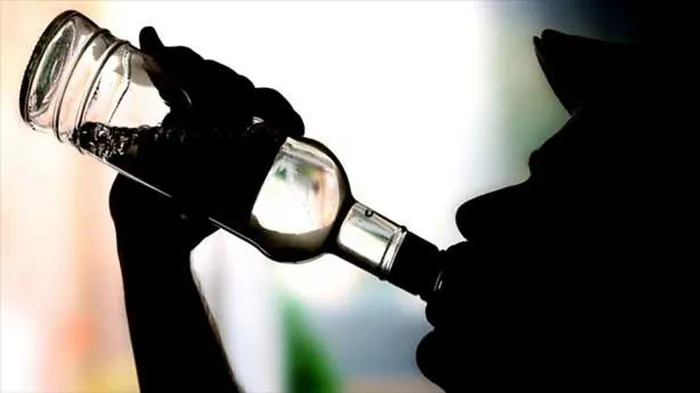New Bill to combat alcohol abuse in South Africa heads to parliament
DETRIMENTAL EFFECTS

EFF introduces bill to ban alcohol advertising in South Africa
Image: File
South Africa has introduced the Liquor Amendment Bill (B21-2025) in the National Assembly.
The Economic Freedom Fighters (EFF) have proposed a new Bill led by Ntombovuyo Veronica Mente-Nkuna. This legislation seeks to tackle the alarming rates of alcohol intake and its associated detrimental effects on communities across South Africa.
Presented in the explanatory memorandum accompanying a Bill introduced on September 8. This proposal marks a critical response to rising public health concerns surrounding alcohol consumption and its associated hazards, signalling a commitment to counter the troubling trend of "normalisation of alcohol and liquor usage" in society.
Webber Wentzel associates Sabrina de Freitas and Juliet Killick say the proposed legislation specifically seeks to amend Section 9 of the Liquor Act 59 of 2003, which currently regulates advertising practices regarding liquor products.
Significantly, the Bill proposes an outright ban on all forms of advertising, promotion, and product placement of liquor, effectively removing any means by which manufacturers, distributors, or retailers could encourage liquor consumption across various media platforms. The revised Section 9, now retitled "Advertising and Sale Restrictions", will redefine advertising parameters, adding new subsections that specifically prohibit promotional practices targeted at consumers:
- A person may not use advertisements to promote liquor or its consumption.
- Product placements featuring liquor brands in media will also be banned.
- Entities will be barred from organising or promoting activities that incorporate liquor brand elements aimed at the public.
The lawyers say the legislative changes echo the prohibition of tobacco advertising established under the Tobacco Products Control Act 83 of 1993, suggesting a shift towards stringent public health policies. The introduction of new definitions, including “brand element” and “organised activity”, expands the scope of the Bill, imposing far-reaching impacts across all stakeholders in the liquor industry.
The proposed restrictions have sparked serious concerns regarding the potential economic ramifications. Industry representatives argue that the Bill, if enacted, could drastically affect revenue generation, and may lead to job losses as brands lose their avenues for reaching consumers.
The constraints on "organised activities", which often include sports or cultural events sponsored by liquor brands, could change the landscape of event marketing.
Politically, the Bill seems to have garnered initial support from Cosatu indicating a potential clash between public health advocacy and economic interests. The trade-off between promoting public health and sustaining economic growth looms large in the discussions surrounding the Bill.
Attempts to regulate liquor advertising are not new. The current bill reflects certain elements of the now-lapsed Liquor Amendment Bill, 2016, which aimed to restrict liquor advertising primarily on public platforms. As legislative processes unfold, stakeholders express concerns about whether this Bill will gain sufficient momentum to become law.
As it stands, the Bill has been referred to the Trade, Industry and Competition portfolio committee for further discussion and potential amendment. Interested parties have been invited to submit their comments, illustrating the democratic process underpinning this significant legislative initiative.
As South Africa grapples with the complexities of alcohol consumption, the impending parliamentary debates will likely draw significant attention, the lawyers say. Should the Liquor Amendment Bill come to fruition, its effects will resonate throughout the liquor industry and beyond, heralding a new era in alcohol policy.